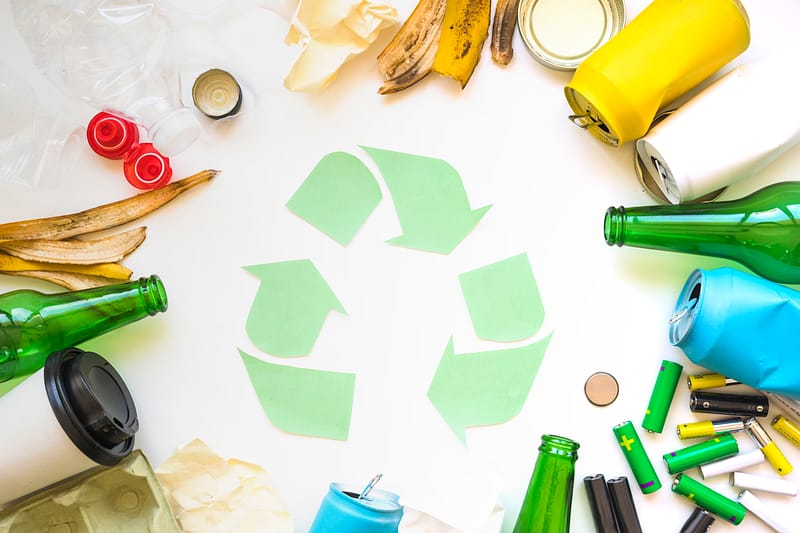Designed by Freepik
Covid-19 accelerates the circular economy, a key element of EU recovery
Thomas Reiner | 18.06.2020
At the end of May 2020, the European Commission presented its proposal for a comprehensive reconstruction plan. 750 billion will be mobilised for the “Next Generation EU” action. In addition, the long-term EU budget 2021-2027 will be increased to a total of EUR 1.85 trillion.
The funds made available for “Next Generation EU” are also flowing into the European “Green Deal”, which aims, among other things, to strengthen the circular economy – with positive consequences for the economy and ecology. Under the measure, the circular economy will become a central element of the reconstruction of the EU.
Economy: The intensified expansion of the recycling industry is expected to create up to 1 million new jobs. According to calculations by McKinsey and the Ellen MacArthur Foundation, up to 1.8 trillion euros in new economy-wide opportunities can be tapped by 2030 through the expansion of the circular economy in Europe.
Ecology: In addition to the economic benefits, the package also brings ecological progress. These include, for example, reduced CO2 emissions and a lowering of the undesirable entries of used packaging into the environment (littering). Worldwide, a consistently developed circular economy could reduce carbon dioxide emissions by around 3.6 billion tons per year.
Currently, large parts of society and industry are mainly concerned with Covid-19 and the Corona pandemic. At the same time, however, the issue of the circular economy is gathering momentum – and will emerge from the crisis stronger than before.




